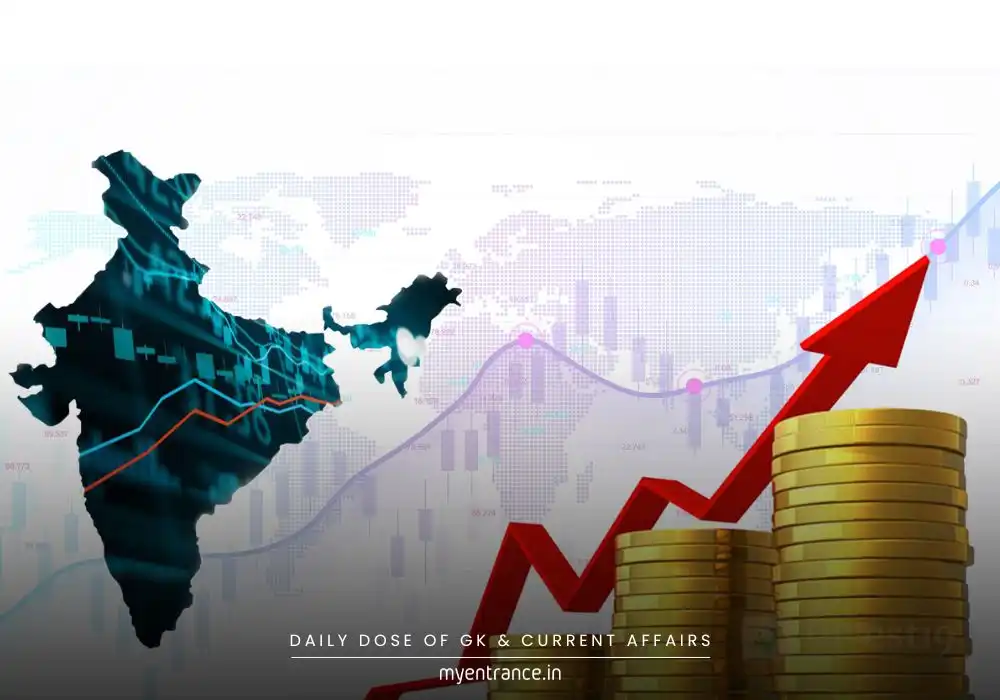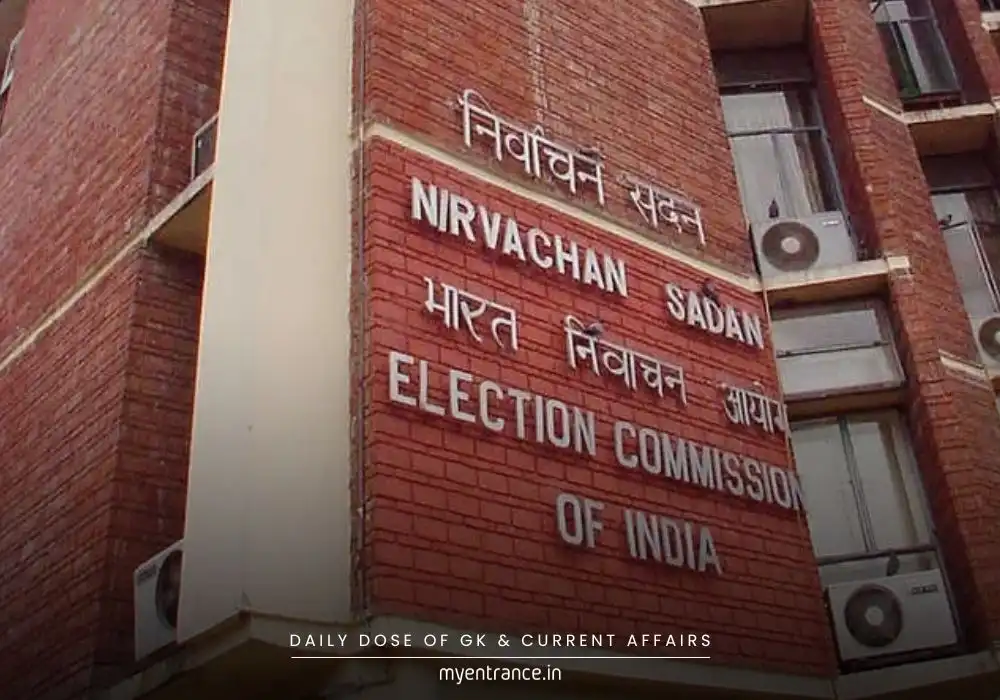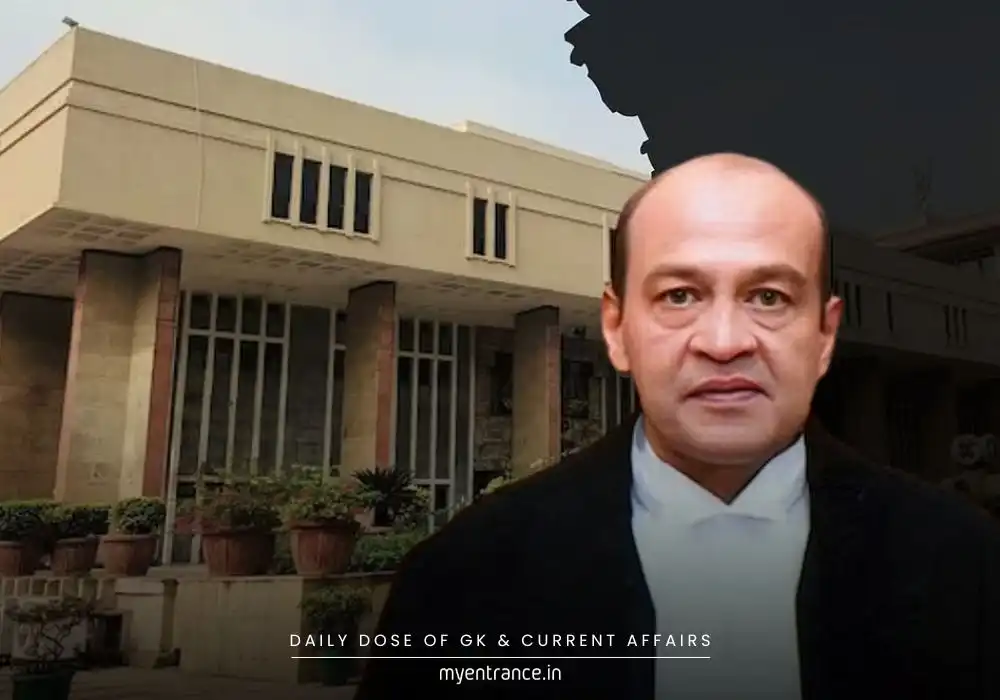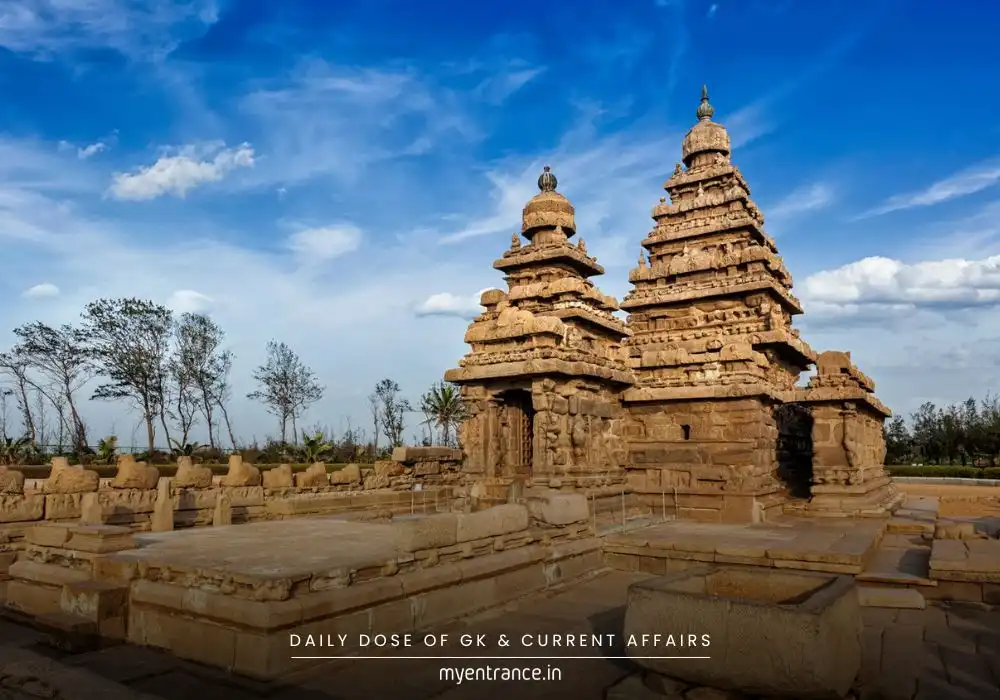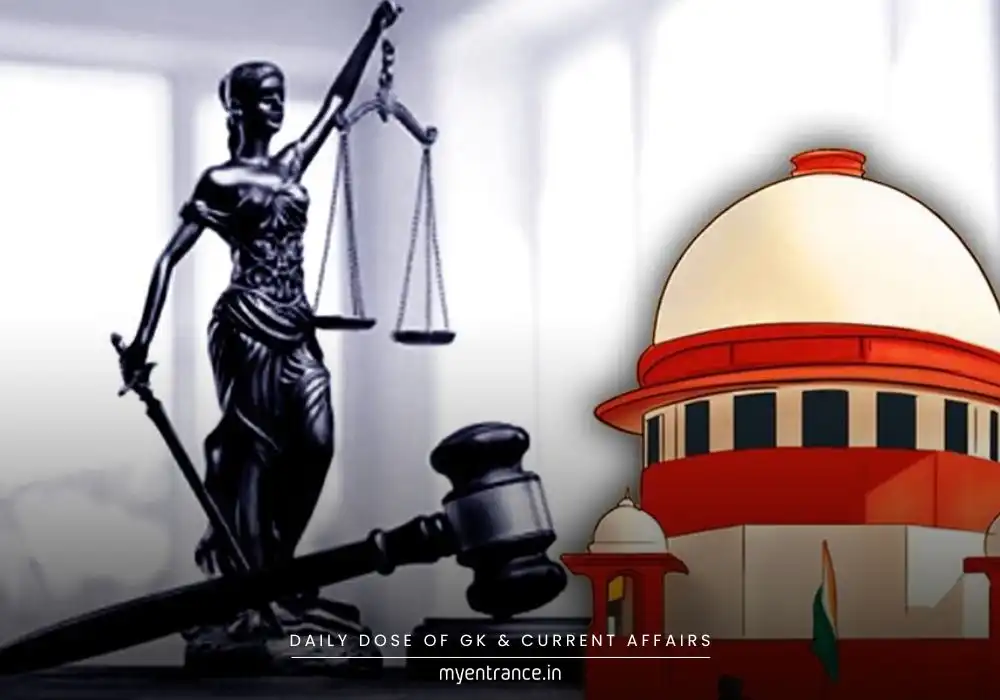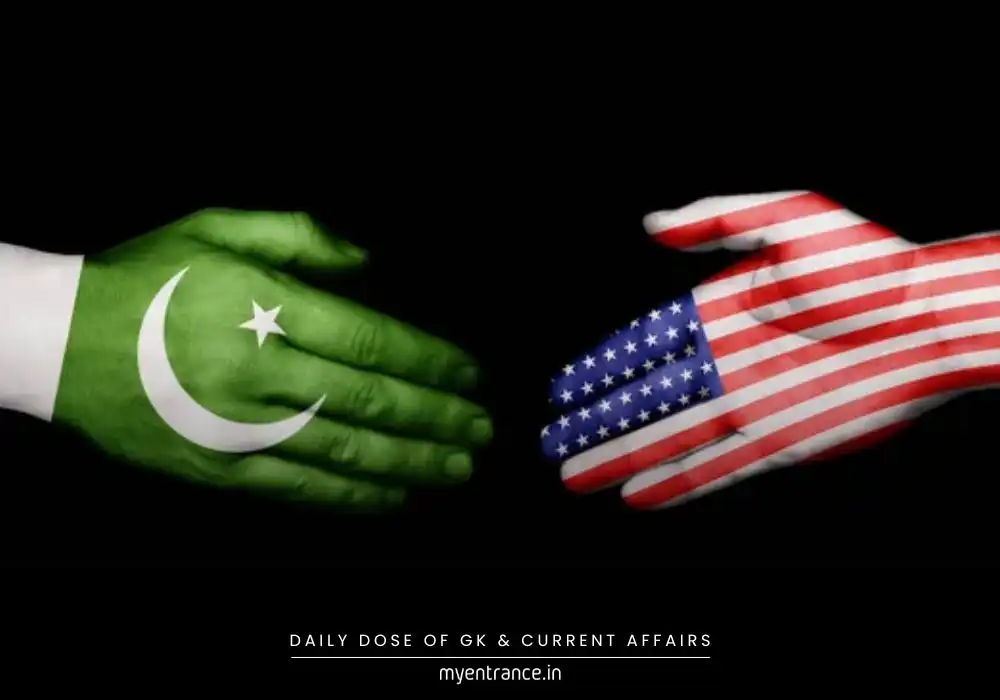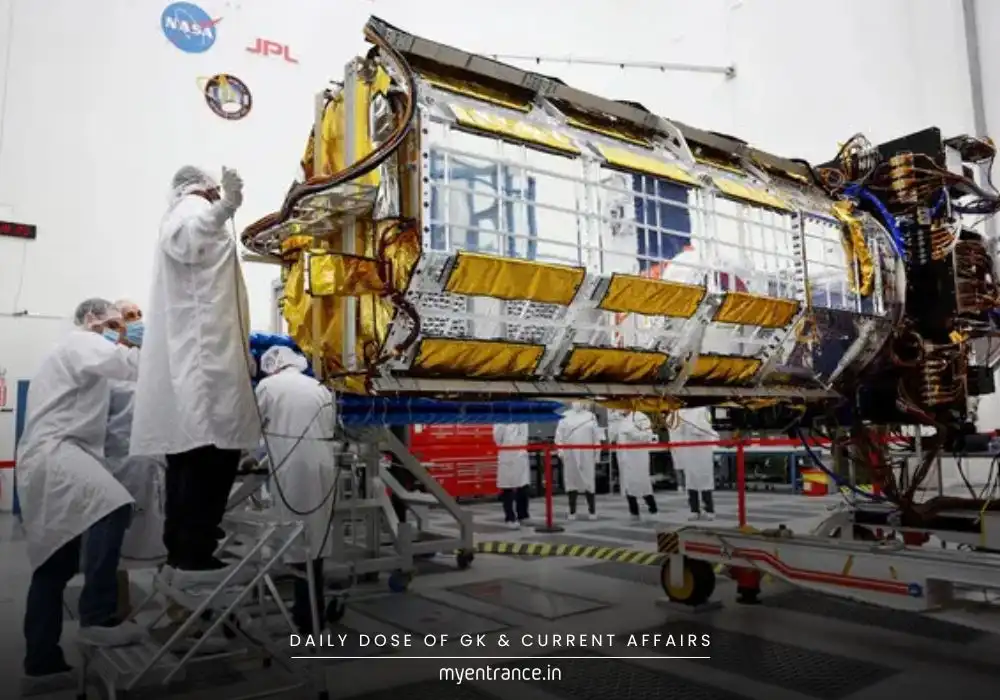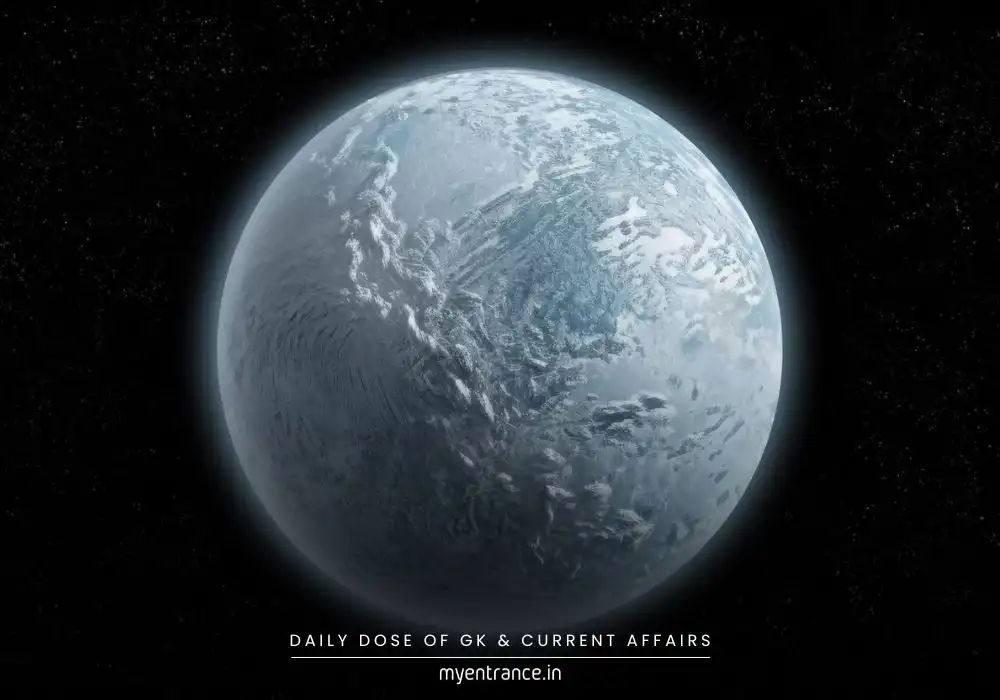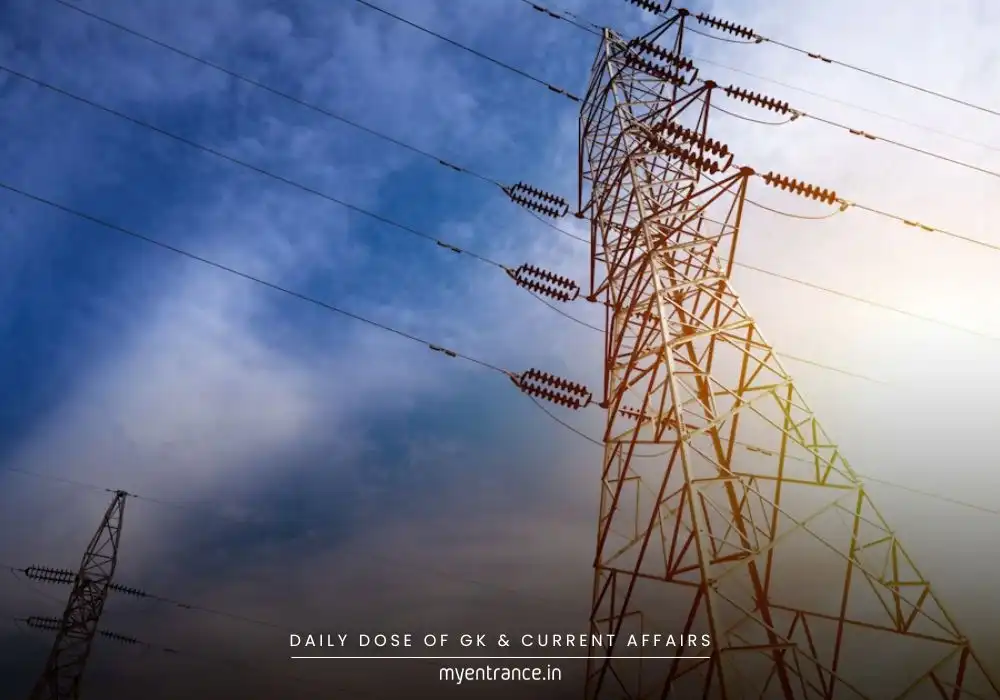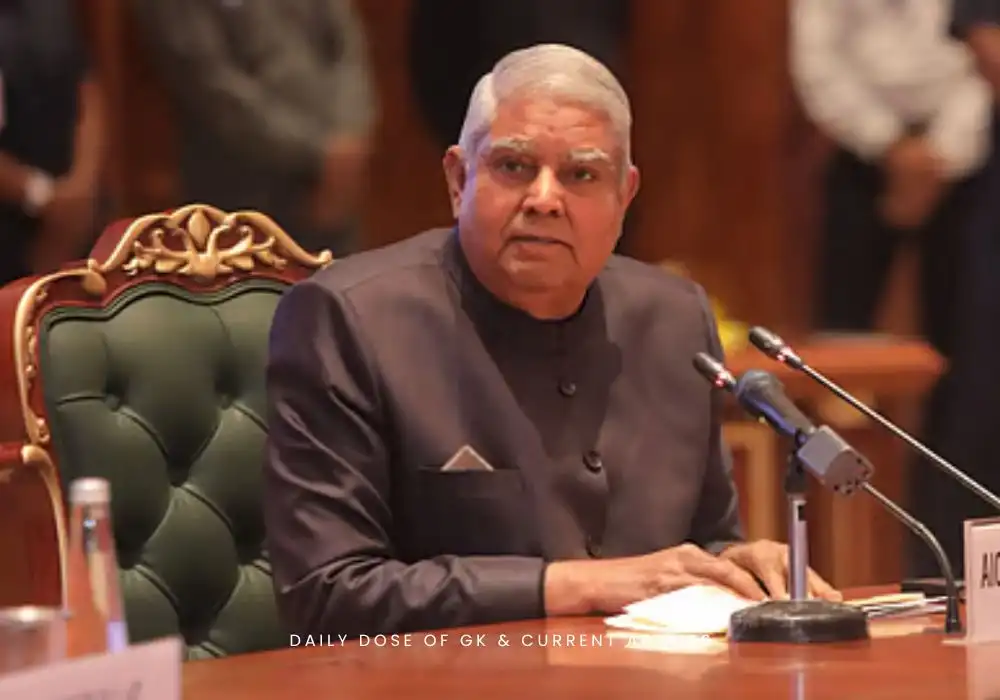Translate Language
Supreme Court vs ED: Should Investigative Agencies Stay Out of Political Battles?
In a landmark observation, India’s Supreme Court criticized the Enforcement Directorate (ED) for overstepping its mandate and intervening in political battles. The court stressed that such conflicts must be resolved democratically—before the electorate—not through federal agencies.
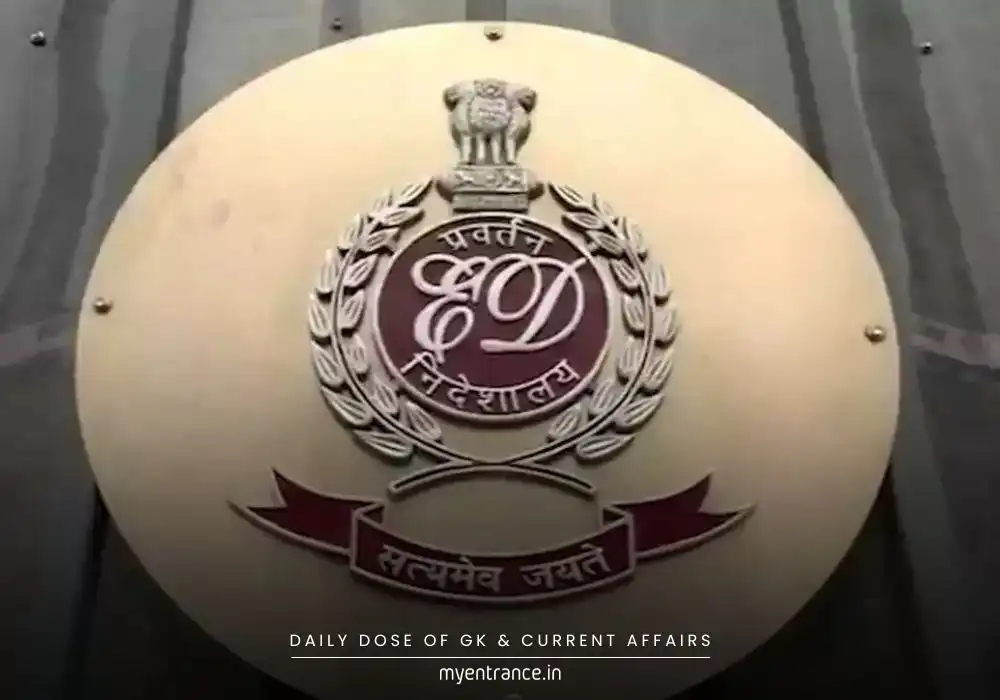
The Supreme Court’s sharp rebuke to the Enforcement Directorate (ED) on July 8th, 2024, wasn’t just a routine hearing—it was a democratic wake-up call. Chief Justice B.R. Gavai, leading a two-judge bench, minced no words: “Let political battles be fought before the electorate.” The warning came amid three contentious cases:
ED summons against Karnataka CM Siddaramaiah’s wife and a state minister in a land-allotment case.
Notices to senior lawyers for representing clients in ED matters.
Petitions involving West Bengal CM Mamata Banerjee and BJP MP Tejasvi Surya.
The court accused ED officers of “crossing all limits” and using investigations as a “political platform.” When Solicitor General Tushar Mehta defended the agency, CJI Gavai retorted, “Don’t ask us to open our mouth… or we’ll pass harsh comments.” The message was clear: Agencies must uphold impartiality, not weaponize power for political vendettas.
Behind the ED’s Power:
Born in 1956 as the “Enforcement Unit,” today’s ED enforces financial laws like the Prevention of Money Laundering Act (PMLA). Its evolution from a currency-regulation body to a powerful investigative agency raises critical concerns:
Operational Independence: Is the ED functioning autonomously, or is it influenced by political pressures?
Federal Tensions: Does centralizing financial probes undermine states’ rights? The Constitution’s federal balance is at stake.
Democracy at Risk: When agencies target opposition figures, public trust in institutions erodes—a red flag for democratic health.
Sample Q&A for Exam Prep:
Q1: What was the Supreme Court’s key directive to the ED in its July 2024 ruling?
A1: The SC ordered that “political battles must be fought before the electorate,” not through federal agencies like the ED.
Q2: Which constitutional principle is threatened by the alleged misuse of the ED?
*A2: The federal structure (Part XI of the Constitution), as central agencies overriding state authority disrupts power-sharing.*
Q3: Identify two laws enforced by the Enforcement Directorate.
A3: The Prevention of Money Laundering Act (PMLA) and the Foreign Exchange Management Act (FEMA).
Q4: How did the ED originate in 1956?
A4: It began as the “Enforcement Unit” under the Finance Ministry’s Department of Economic Affairs to handle currency violations.
Q5: Why did the SC criticize ED’s actions in the Karnataka MUDA case?
A5: The court accused the ED of exceeding its mandate by targeting state ministers for political reasons.
Get 3 Months Free Access for SSC, PSC, NIFT & NID
Boost your exam prep!
Use offer code WELCOME28 to get 3 months free subscription. Start preparing today!


